Seven brilliant Belgian car designers you should know about – Axon’s Automotive Anorak
While on a recent motoring trip to Brussels, I stopped off at a local supermarket to buy a selection of famed Belgian beverages and fine chocolates to help celebrate at a friend’s birthday soiree back in Blighty a few days later.
Later quaffing a variety of excellent Belgian beers to toast my friend’s birthday, the evenings’ conversation inevitably turned to that old regular party favourite: can you name ten famous Belgians?

With all due respect to our colleagues in that pleasant small country just over the Channel, the best a slightly inebriated group of around 20 or so of us could come up with was half-a-dozen-or-so names of ‘famous Belgians’.
These included cyclist Eddy Merckx; the inventor of the saxophone, Adolphe Sax; a 1970s punk singer, Plastic Bertrand (remember Ça plane pour moi?); surrealist artist Rene Magritte; ‘The Muscles from Brussels’ actor Jean-Claude Van Damme; Tintin cartoonist, Hergé; actress Audrey Hepburn, plus racing drivers Jackie Ickx, Paul Frère, Thierry Neuville, Thierry Boutsen and the fictitious comic book racer Michel Valliant (created by Jean Graton)!
Despite its small size and modest population, in recent years Belgium has truly punched above its weight in producing a number of talented car designers that may well have styled the car you are driving – or dream about – today. As unlikely as this might seem, here is the evidence, with over half-a-dozen current leading Belgian car designers.

Luc Dockerwolke
Although born in Peru, Dockerwolke was raised and studied in Belgium. After an initial internship in Peugeot’s styling studio in 1990, in 1992 he moved to Audi in then on to Škoda in 1994, where he contributed to the original 1996 Octavia and 1999 Fabia designs. In 1996 Dockerwolke returned to Audi with design responsibility for the A4 Avant and R8 Le Mans concept, plus the advanced A2 city car.
In 1998 Dockerwolke was appointed as the head of design at Lamborghini, where he styled the 2001 Diablo VT 6.0, 2002 Murcielago, 2004 Gallardo and the 2006 Miura Concept. In 2005 he moved on to SEAT, his work including the 2008 Ibiza, before becoming Bentley’s Director of Design, styling the 2014 Flying Spur and EXP 10 Speed 6 of 2015.
He now works for Hyundai (his designs including the current Kona and recent Palisade SUV) and heads-up global design for the South Korean brand’s luxury Genesis marque.

Pierre Leclercq
After a brief start at Zagato in Milan in 1999, Leclercq switched over to Ford’s Italian Ghia concept car studio. In late 2000 he moved on again, this time to BMW, where he designed the X5 (E70) and X6 (E71) SUV crossovers, as well as the tail end of BMW’s Mini Countryman.
He later spent time in China with Great Wall Motors before returning to Europe to head-up Citroen’s style office.

Steve Crijns
Steve Crijns is responsible for design work of the second-generation Lotus Elise and Exige, as well as the styling of the Lotus Evora. He is now the senior designer at McLaren Automotive, although he still drives one of his own designs (an Evora) as his personal car.

Dirk van Braeckel
With a Ford-sponsored degree in vehicle design at the Royal College of Arts in London, van Braeckel took up his first car design post with Audi in 1984, creating the 1994 A8 concept and the best-selling 1996 A3.
He then contributed to the design of various Skoda models (Octavia, Fabia and Superb) before the Volkswagen Group made him senior designer at Bentley, working on the highly successful 2004 Continental GT, plus the Azure, Brooklands, 2009 Mulsanne and 2012 EXP 9 F concept.

Lowie Vermeersch
Flemish stylist Vermeersch joined Pininfarina after graduating in 1998, working at the famous Turin styling house on projects for various automotive clients, including Peugeot and Chinese brands JAC and Brilliance.
As well as overseeing the design of the Ferrari FF, California and 458, he was also responsible for Pininfarina’s acclaimed Maserati Birdcage 75th concept car, as well as the Nido, Fiat/IED X1/99, Sintesi and Alfa Romeo 2uettottana show cars. He also designed the Eurostar High Speed Train, plus later car projects for Tata, plus Chery and Cowin in China.

Luc Landuyt
Following a six-year stint at Ford from 1979 – where Landuyt’s work included the facelift of the Escort MK 3 – the Belgian designer moved to BMW in 1985, his creations for the Bavarian marque including the delightful Z1 roadster. In 1992 he switched to Renault, where he ultimately oversaw the design of the French makers larger models (Laguna, etc.).

Louise de Fabribeckers
In 2006 a wealthy Belgian car importer and collector revived the famous Milanese Touring Superleggara ‘Carrozzeria’ and appointed fellow countryman Louise de Fabribeckers to head-up the ‘new’ coachbuilder’s design duties.
Since 2006, de Fabribeckers has styled a number of distinguished Touring of Milan cars, including the acclaimed Alfa Romeo 8C-based Disco Volante of 2012, plus various Ferrari, Bentley, Mini and Maserati-based concepts and limited production models.
Axon's Automotive Anorak
Design
Ferrari
458
Lamborghini
Gallardo
Bentley
Continental GT
Luc Dockerwolke
Pierre Leclercq
Steve Crijns
Dirk van Braeckel
Lowie Vermeersch
Luc Landuyt
Louise de Fabribeckers





